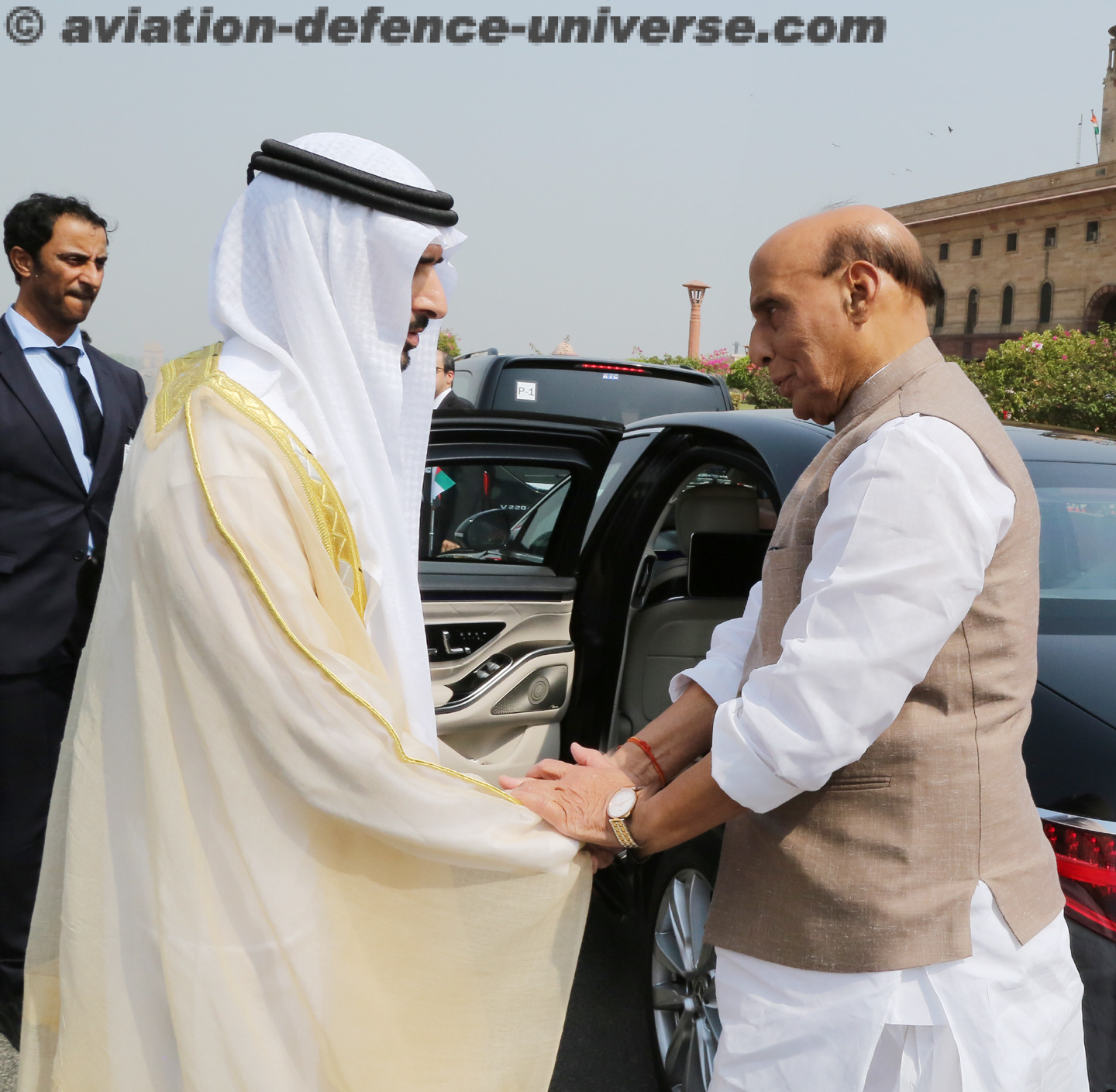
By Team ADU
Plovdiv/ New Delhi. 01 June 2022. Ministry of Defence of the Republic of Bulgaria is the organiser of HEMUS 2022. The Ministry of Defence Bulgaria is the ministry charged with regulating the Bulgarian Armed Forces. Since March 2022 the Minister of Defence is Dragomir Zakov. The present building of the ministry is among the finest examples of the Bulgarian modern architecture from the middle of 20th century. It was designed by the famous Bulgarian architectural team Vasilyov-Tsolov and completed in the period 1939–45.Lets take a peep into the history of Bulgarian Defence.
Setting up an Army was one of the first steps taken by the Bulgarian Authorities after the Liberation of 1878 from the Ottoman Empire. The Bulgarian Territorial Army was established by force of Order dated 15 July 1878, and the structure of the very first Government of free Bulgaria, headed by Prime Minister Todor Burmov, included the War Ministry as one of the central institutions of the state.
After the Liberation of Bulgaria, the Bulgarian Territorial Troops were established by order № 1 dated from July 15th 1878 and issued by the Russian high commissioner to Bulgaria, Price Alexander Dondukov-Korssakov. Its core was the Bulgarian volunteer force, and it was established as a permanent army with obligatory military service. At a later stage, the latter becomes one of the basic principles underlying the Constitution of Turnovo. Within a short period of time four branches of services were formed: infantry, artillery, cavalry and sapper troops, and in 1879 the bases of the Navy were built.
At the end of 1878, the Bulgarian territorial troops includes 31 400 servicemen, equipped with arms, materials and munitions from the Russian army. In November 1879, a military school was founded in Sofia, in which 255 Bulgarian cadets enrolled. Apart from them, 132 Bulgarian young men were sent to study at Russian military schools, and in the town of Veliko Turnovo an educational team was constituted with the goal to prepare officer-candidates.
After the Constitution of Turnovo was adopted, Prince Alexander I Battenberg was promulgated as a ruler of the state, and the Bulgarian government was constituted, the independent life of the Principality of Bulgaria started as a separate state. By Decree № 23 from July 17th 1879, the Ministry of war was established. On December 17th 1879, “The Provisional Rules of the Bulgarian Troops” came into force, and played the role of the first law of the armed forces, which instead of “territorial force” were called “Bulgarian troops”.
It was founded by force of Decree No. 23 dated 17 July 1879, on the grounds of Article 161 of the Tarnovo Constitution. Being the highest military administrative institution in Bulgaria, the War Ministry was tasked to protect the state sovereignty and national independence, to guard and defend the territorial integrity of the country, and to uphold the interests of the society of Bulgaria and its national identity.
Over the first few years of the 20th century, the War Ministry persistently worked on the development of a modern mass army. Its structure underwent alterations aimed at bringing it into line with the changes introduced to the organization, training, logistics support and manning of the armed forces.
In 1905, a Military Council was established as an advisory body under the War Minister, followed by an Information Bureau in 1907. The structure of the War Ministry remained unchanged until 11 July 1911, when by force of amendment to the Tarnovo Constitution, it was renamed Ministry of War.
The Ministry of War was tasked with the training and mobilization of the reserve forces and the formation of new units. Manning the Army with Commanders became a priority task for the Ministry of War. The process of democratization of the Bulgarian Society, which started in 1989, led to changes in the organizational structure of the Ministry. Decree No. 168 dated 20 December 1990 gave it the name Ministry of Defence. Pursuant to the Constitution as adopted by the Seventh Grand National Assembly in 1991, the President is the Supreme Commander in Chief of the Armed Forces. The leadership of the Ministry of Defence is accountable for its activities to the national Assembly.
Exercising civilian control over the armed forces and the special services stems from the values of democratic civil society and is stipulated in the national legislation. The acts of legislation of the National Assembly establish the main regulatory mechanisms in the field of defence and national security. The organizational structure of the Ministry of Defence is aligned with the priorities of the state policy of Bulgaria in the light of the membership in NATO and the EU.



























































































































